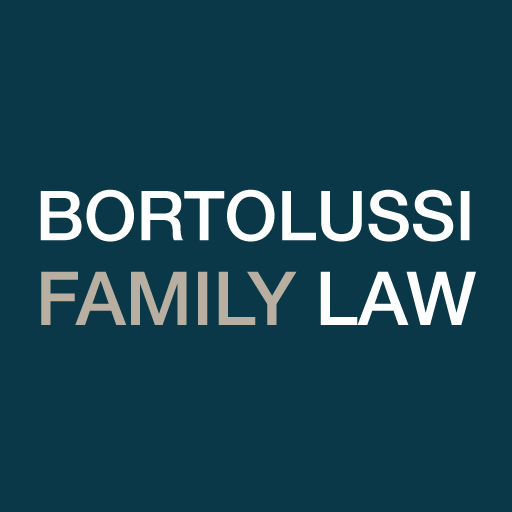When Video Game Addiction Leads To Divorce

An online divorce service in the United Kingdom recently noted that more than 200 couples who filed for divorce in 2018 cited video game addiction to Fortnite or other video games as a reason for the divorce. Fortnite, which is a popular online game wherein players around the world engage in a battle royale, has grown in popularity among children, teenagers and adults alike.
Images of NFL players and soccer stars performing Fortnite dances have flashed on TV while children as young as 9 are reportedly going to rehab to deal with their gaming addiction. Addiction to video games, including Fortnite, has grown in such intensity over the past year that the World Health Organization (WHO) included “gaming disorder” within the 11th revision of its International Statistical Classification of Disease and Related Health Problems as of June 2018.
Symptoms of gaming addiction include social withdrawal and isolation, sleeplessness and irritability, changes in weight and poor hygiene. The addiction negatively affects the addict’s day-to-day life and impacts their ability to keep work commitments. Some addicts lie, steal and even kill to support their habit.
They will give the gaming addiction priority over a normal, functioning life, sacrificing their livelihood, personal and social relationships and their own physical and mental well-being.
It is not surprising that addictions (be it to drugs, alcohol, pornography or video games) can often result in the deterioration and eventual breakdown of a marriage. With gaming addiction on the rise, it is also not surprising that a growing number of marriages are falling apart as a result of one spouse’s addiction to video games.
A spouse’s mental health issues may be relevant to the issues of parenting and support in family law. A spouse’s mental health issues might impact their ability to parent a child and could determine who has custody of that child. A parent whose mental health issues negatively affect his or her ability to care for their child may have their access to the child restricted (supervised) and or they may lose custody of that child.
In financial terms, a spouse’s ability to secure employment and obtain self-sufficiency might be restricted by his or her mental health, and as such, generally gives rise to a need for or entitlement to support.
Gaming addiction is viewed by some as a mental health disorder. The WHO’s classification of “gaming disorder” as a “disease” with both mental and physical health considerations supports the view that gaming addiction is a mental health disorder that negatively and significantly impacts one’s day-today life.
How would the courts view gaming addiction as a factor impacting one’s rights to and obligations for support in a separation or divorce?
The Supreme Court of Canada in Bracklow v. Bracklow [1999] 1 S.C.R. 420 confirmed that a sick or disabled spouse who is financially dependent on his or her partner is entitled to support upon marriage breakdown. The recipient wife in Bracklow suffered from psychiatric problems, which rendered her unable to work.
Although gaming addiction may be viewed as a “disease,” it falls within the same class as gambling, drug and alcohol addictions. Ontario family courts generally view such “afflictions” as voluntary, vices that the sufferer has willingly assumed, and not often connected or related to the marriage. As such, a recipient spouse who seeks spousal support based on need resulting solely or primarily from a gaming addiction will likely find his or her claim denied.
Similarly, when the spouse suffering from the addiction is the potential payor of support, the courts have shown little sympathy, viewing the addiction (and resultant loss of employment and income) as a reasonably foreseeable consequence of participating in addictive activities. The payor spouse in such cases is often found to be “intentionally under-employed.” In such cases, the payor spouse is imputed with an income (i.e., pegged at an income higher than he or she actually makes to calculate his or her support obligations) despite an inability to realize full earning potential due to his or her addiction.
An addicted payor will likely be ordered to pay support, regardless of his or her addiction, in cases where child support is payable. In Hutchison v. Gretzinger [2007] O.J. No. 5058 the Superior Court of Justice heard an appeal from a decision of the Ontario Court of Justice wherein the lower court judge ordered no child support on the basis that the payor father, who was a drug addict, was incapable of meeting his responsibility to pay child support.
The court allowed the appeal, stating, “It is wrong in law (and contrary to public policy) that a parent be exempt from his or her child support obligation because of drug addiction.”
In Hutchinson, the court emphasized that although the payor’s addiction was involuntary, he voluntarily participated in an addictive (and criminal) activity and, as such, he should not be exempt from fulfilling his obligation to pay child support.
Without a doubt, gaming addiction is yet another vice that is increasingly affecting the day to-day lives and relationships of many. It would be interesting to see if creative counsel could successfully distinguish gaming addiction from other addictions inasmuch as participation in video games does not bear the same stigma as other addictive activities such as drugs, excessive drinking or gambling.
In the end, those addicted to gaming may find very little sympathy for their affliction, not only from their spouse, but from the courts as well.
If you have a problem with video game addiction and are thinking about getting a divorce, get the help and support you need, please get in touch with us.





